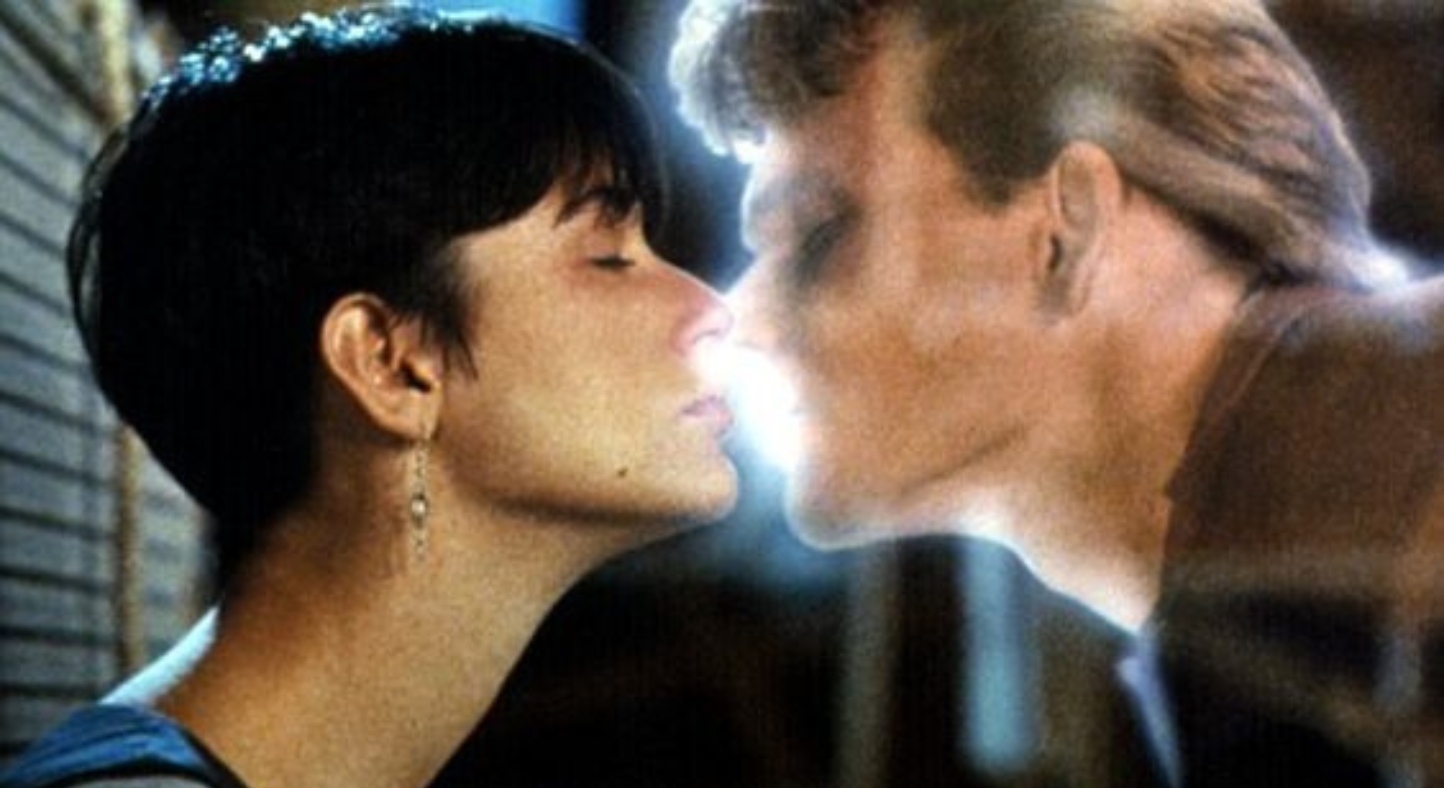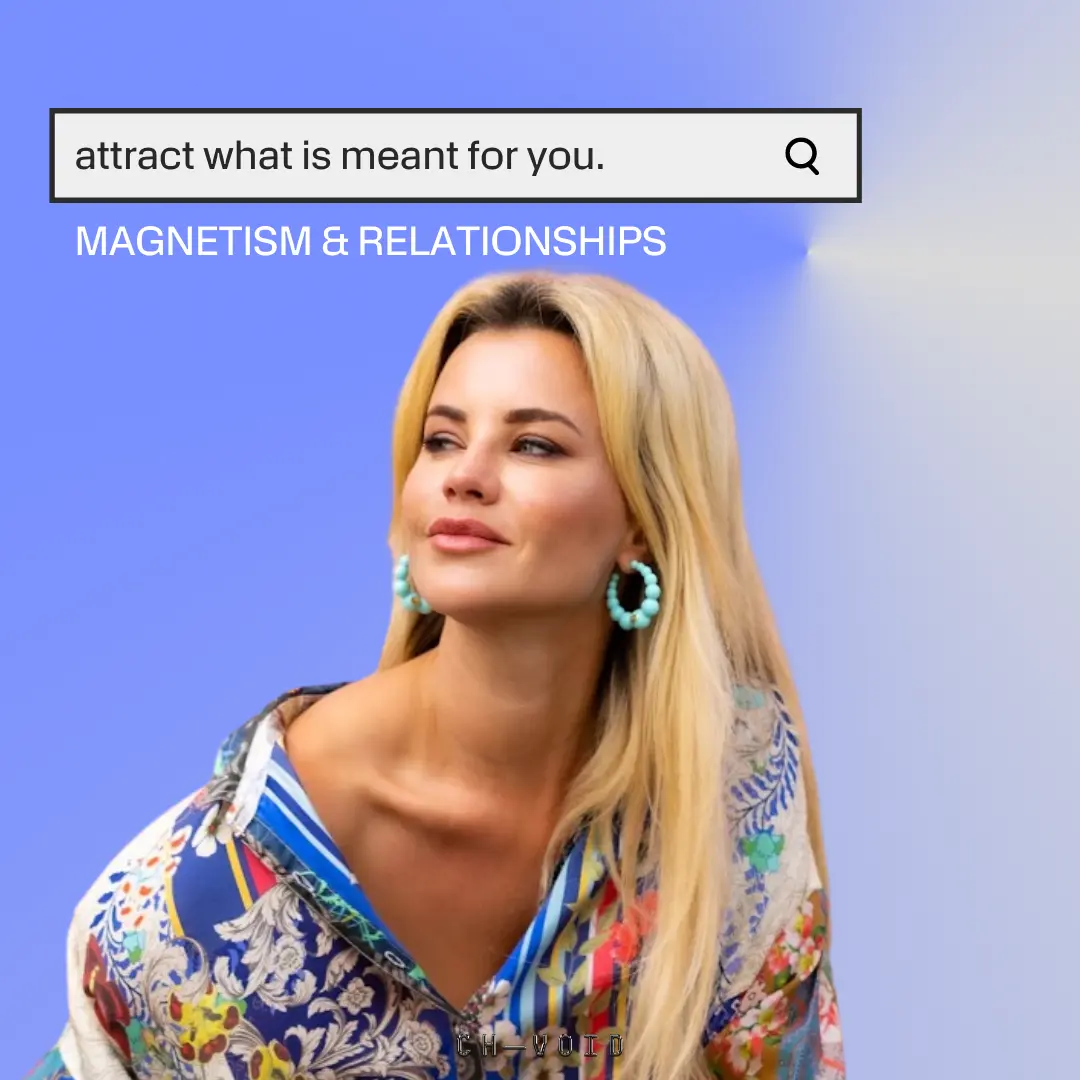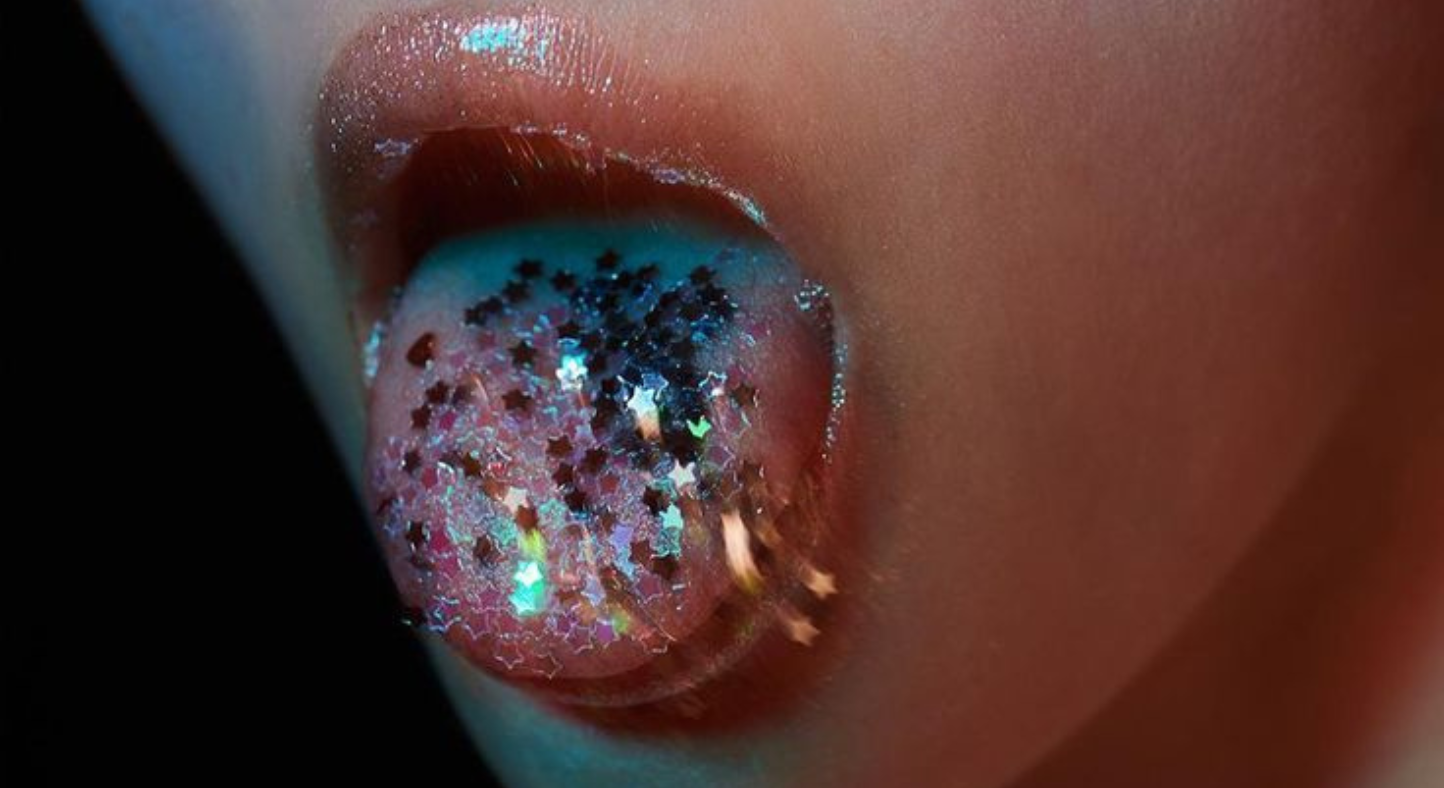The ghosts of lovers past
Rejection by ghosting, the death of intimacy everywhere.
Despite the milieu of mossy boulders and crystal-clear water rippling over silver rocks, I could hardly divert my gaze from his budgie smugglers. It was a bold choice for our first date but the thickness in the August air made it reasonable. And something about his confidence excited me.
I’d been in North Queensland for just over a month before I met Noah. His photos clutching marathon medals and wearing button ups made for a very innocuous Hinge profile. When I found out he had a psychology degree, I figured we’d at least get through a beer together. Instead he suggested a swim at a nearby waterhole and, like all stories of torrid romance, within 24 hours we had both been rendered senseless by the euphoric chemical response of mutual attraction.
This a story of romance and rejection: my story of Noah. But because we met using a dating application, it is also the story of modern love. It’s a proverbial tale and one I have heard in many iterations. One with a climax so common, it’s been normalised.
There are three fundamental ways in which online dating has shifted the culture of dating at large: access to diversity, means of communication and algorithmic matching. While the aforementioned may seem like obvious benefits associated with services like Hinge, Tinder, Bumble, Plenty of Fish and their rivals, whether or not these applications can actually lead to universally better romantic outcomes is a topic debated hotly among journalists, scholars and gal-pals-on-the-reds alike. When giving the virtual love heart to someone you mightn’t have otherwise encountered could result in heartache, using technology to widen the dating pool starts to feel like a game of Russian roulette.
Following our excursion to the swimming hole, Noah and I spent six nights straight together; obsessed with each other’s newness. I had scheduled some time off work to start my masters degree, so there was room in my calendar to be preoccupied by lust. After we got that first week of passion out of the way, we started getting to know each other like adults. I met his friends, his CrossFit colleagues, his dad, his dad’s dog and his sister’s best friend. We talked about what we wanted and both agreed that there was something unique between us beyond our physical chemistry.
“He’s the greatest guy I’ve ever met,” I told my best friend over the phone.
“So, you’re moving to Queensland now.” she teased, in only the way someone who knows you can.
A contemporary phenomenon to have been coined thanks to the evolving landscape of modern romance is ‘ghosting’. The term is described as a behaviour whereby one partner terminates all communication and contact, without warning or detailed explanation, and precedes to ignore or ‘block’ any future attempts made by the former partner/s to reach out. In 2016, a survey conducted by dating site Plenty of Fish on 800 single Millennials – platform members aged 18 to 33 – found that 78% of its participants had been ghosted at least once. This number is both startling and vague because it can be. While the definition of the deed may fluctuate person to person, everybody has a ghost story for around the campfire; as a victim, a perpetrator, or in the role of support to a friend whose sense of security has been shattered after the disappearing act of a lover.
Severing all contact is not an entirely new approach to terminating romantic, sentimental or sexual relationships (and ghosting is just the most extreme antithesis of aftercare), however its application as a breakup strategy has become more prominent amid the increased adoption of dating technology. An American study published in the Journal of Computers in Human Behaviour suggested that mobile phone haptics (i.e. touch screen capabilities) reduced the perception of personhood, making profile-havers appear more like commodities than actual living beings with contexts, emotions and tax file numbers. So too does it affect the false realisation of a relationship – an influence the study names the “mere holding effect” – giving daters a sense of psychological ownership over and pseudo-intimacy with their prospective partners.
Almost 30% of participants in a different study – conducted by Dutch behavioural scientists – described the ease of ghosting afforded by mobile dating applications, with some naming anonymity and the absence of shared social networks as factors that made ghosting an appealing option. This invites the question: if the reward of these applications is the effortless access they provide to an abundance of potential new partners, what risks are there to the reputations of daters who decide to behave poorly? If we pluck each other from obscurity, who is holding who accountable? Against the backdrop of oblivion, red flags can be harder to spot.
In becoming enraptured by both the sweltering heat of tropical Australia and Noah’s irresistible sock and sandal combination, I had forgotten the nature of our meeting.
“I think I’d like to have a girlfriend,” he mused in the bathtub one afternoon. I sunk into the warmth.
Meanwhile, a school friend of mine had been given an aggressive and terminal cancer diagnosis. She had stopped treatment and was spending what precious time she had left with her two young children and a very small circle of family. It felt peculiar to be celebrating a new connection whilst simultaneously grieving the loss of another. In contrast to how destabilising it felt to be confronted by my own mortality, my budding relationship with Noah felt secure. Had I clumsily applied the gravity and permanence of the other events in my life to our infantile romance?
Eventually, I flew home for the funeral. Noah dropped me at the airport – “Max four weeks until we see each other again!” – and I boarded my fight in a sweaty haze of reverence and devastation. Neither of which would fade for months to come.
While much academic attention has been paid toward the experience of those on the receiving end of ghosting, studies on those who have enacted the behaviour have been narrower in their depth. Some available research focuses on the broad and immediate motives for employing ghosting, such as convenience, safety, disinterest after negative behaviour and perceived relationship weakness; while other research looks at ghosting through limited psychological frameworks – such as attachment theory, which is typically understood on separate continuums of anxiety (“neediness”) and avoidance (“stoicism”). Several theorists have critiqued the relevance of attachment theory when it comes to ghosting, arguing it’s use as too causal and dismissive of broader cultural, environmental and psychological contexts – all of which significantly influence the complexities of attachment and social behaviour.
These studies, however, do hold some merit given that ghosting may possess certain similarities to avoidant behaviour in traditional offline dating contexts. Research conducted in 2012 found that avoidant personalities were more likely to use indirect or computer mediated communication (i.e. text, email, social media) to terminate their romantic relationships. More recent findings from 2021 suggested that those who had those who had used ghosting were more likely to have high attachment avoidance and those who had been ghosted were more likely to have high attachment anxiety. Interestingly, those with attachment anxiety who had previously been ghosted reported higher levels of anxiety than those who had not been ghosted before, implying that having higher attachment anxiety may also be associated with prior experiences of being ghosted.
After I got home, things between Noah and I changed. He stopped calling, his messages weren’t as generous and, eventually, I was left on read. The internal panic I experienced as a symptom of feeling so disconnected from someone I thought I had bonded with was excruciating. Perhaps my nervous system was being reactivated by a sensation from childhood; a part of myself I hadn’t yet transformed. Or perhaps it was just an unavoidably shitty feeling, one that cloaks the world in a dark grey fog. Noah and I hadn’t even known each other for long before I left North Queensland but the potent discomfort of not-knowing and the anticipation of bad news was all consuming.
Wake up / check phone / make coffee / check phone / sit at computer for work / open Whatsapp, Facebook, Instagram, iMessage / push food around the plate / check phone / panic / call my best friend / cry / finish work / leave phone at home during pilates to instil some boundaries / get home / immediately check phone.
Finally, I received a message:
“I’m not the right person for you. I’m so sorry.”
And that was it. Two days later, I responded asking for a phone call but my reply was never acknowledged. Those murky waters of rejection without clarity felt stickier to navigate than integrating the loss of my friend who’d had cancer. Sustaining such an abrupt dismissal felt so deeply personal. And humiliating. It made me question the very fabric of my own memory.
Why is he telling me he isn’t right for me? Shouldn’t that be my decision? Doesn’t he want to at least be friends? Was any of what happened even real?
In 2021, research from 2018 based on the existing theories about people who had ghosted their partners was replicated. Both studies found a link between having ‘destiny beliefs’ (i.e. a fixed mindset, as opposed to a growth mindset, characterised by the notion that relationships are either ‘meant to be or not meant to be’) and intention to ghost, past use of ghosting or overall acceptance of ghosting as a tactic. Other research has concluded that ghosters are in fact more considered than their behaviour exhibits, choosing to go silent rather than risk being manipulated or choosing the tactic out of fear that their rejection will not be taken well. Outside of dangerous and violent situations, how well a rejection is processed usually starts with how well it is delivered.
Not much literature focuses on the aftermath of ghosting for those who enact the behaviour. We know that the recipient is left with only their imagination to fill in the gaps of what transpired (a task that often takes up the lion’s share of one’s emotional and energetic bandwidth) and that this ambiguity can have longer term ramifications, but what about the person who vanishes – the one with, presumably, all the answers? How do they fare?
Around six months after my final and only communication from Noah, I was catching up with an old friend at a pub in Hobart. He asked about my love life and since it hadn’t quite faded from my mind I relayed the story of North Queensland, careful not to skew any details and botch the opportunity for some from-the-male-perspective insights. The final piece I lamented was never having had any proper closure from an event that occurred in my own life.
“Message him. Right now. From this pub.” My friend was stern.
Of course I’d thought about reaching out but, scared to provoke another rejection, I’d never followed through. It still felt tricky to steer between my intuition and my insecurity – did I predict he wouldn’t reply because that was who he had shown me he was, or did I still not believe I was worthy enough that he might? The disrespect had stripped all confidence from my judgment.
The bite to the Tasmanian air had me feeling resilient so I crafted a simple message to the effect of “I still feel rough about how we parted ways, can we talk?” and pressed send before it was too late.
The bistro hummed with funky house and the sound of dinner time. I flipped my phone face down on the table and made a point of not retrieving it until we were ready to leave. When I did, the backdrop of my brother beamed up at me, uninterrupted by new notifications. I was prepared for that.
Later that evening an unexpected buzz came from the left back-pocket of my jeans.
“Makes two of us.” Read the first line of the message. I threw my phone into the sea of olive green bedsheets beneath me.
After a beat, I crawled over and slid my thumb across the illuminated screen. ‘Click.’
“I’m in your area in two weeks if you’d like to talk in person.”





















